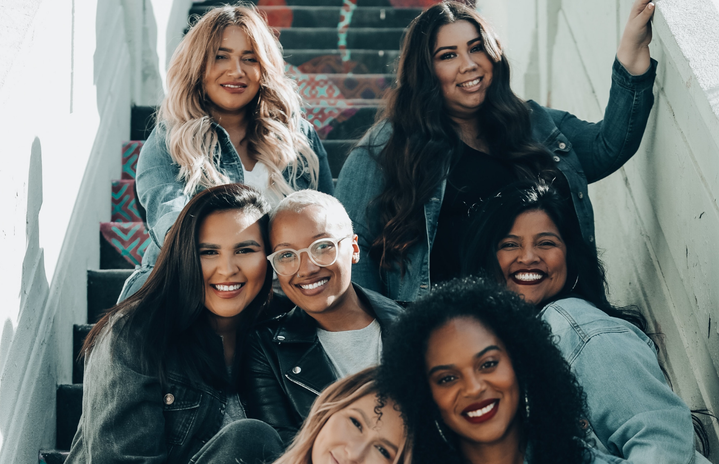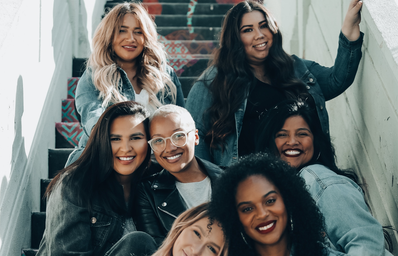Where every woman’s voice matters and the feminist movement is more than just a buzzword.
When we hear the word ‘feminism,’ we often think of big movements, protests, or iconic figures. But for those of us on women’s college campuses, feminism isn’t some abstract theory—it’s the air we breathe, the conversations we have over chai in the cafeteria, and the sense of empowerment we feel when we walk into a classroom full of brilliant, unapologetic women. Feminism here isn’t just a word; it’s a way of life, a community where we lift each other and fight for equality together.
The moment you step onto a women’s college campus, you feel it—that energy of shared strength and sisterhood. Whether it’s discussing gender roles in a lit class or organizing a march for equal rights, these campuses give us a safe space to grow, to question, and to thrive. Unlike co-ed environments, where we might feel pressured to shrink ourselves, here, we take up space. We’re encouraged to speak out, challenge norms, and pursue our dreams without apology.
And sure, we still deal with everyday struggles—like balancing academics with personal life or figuring out our futures—but in the middle of it all, feminism becomes our anchor. It reminds us that we’re not just working for ourselves but for each other, the women who came before us, and those who’ll follow in our footsteps.
One of the most beautiful things about feminism on women’s campuses is how it evolves to fit the diverse experiences we all bring. It’s not just about fighting for ‘women’s rights‘ in some broad sense—it’s about acknowledging the unique challenges we face based on our race, class, sexuality, or background. Some of us are navigating the expectations of traditional families, while others are challenging outdated beauty standards. Feminism here is deeply personal and intersectional because every woman’s journey is different and every voice deserves to be heard.
Take, for example, the LGBTQ+ community on campus. During Pride Month, our campus doesn’t just celebrate the idea of being ‘inclusive.’ We see LGBTQ+ students leading discussions, organizing pride events, and making sure that feminism on our campus includes the fight for queer rights. Similarly, many of us come from lower-income or rural backgrounds, and it’s in the daily conversations about economic disparity or classism where feminism shows up. On campus, these aren’t just theoretical conversations—these are lived realities.
There’s something magical about being surrounded by women who understand your struggles without explanation. From cheering each other on in leadership roles to standing together in solidarity during tough times, the support system on women’s campuses is unmatched. This is where we find our people—whether it’s a group of friends who share our passions or mentors who push us to aim higher. And let’s not forget the late-night dorm room chats where we dissect everything from feminist theory to how to deal with toxic relationships.
Feminism on campus isn’t limited to Women’s Studies classes or protests. It shows up in the way we demand equal opportunities in student organizations, push for policies that address sexual harassment, or even call out casual sexism when we see it. It’s the confidence we build in ourselves and each other, the belief that we are capable of changing the world—and we will.
Looking ahead, the future of feminism is in the hands of the women on these campuses. When we leave college, we’re taking with us everything we’ve learned and experienced. We’re not just stepping into the world as graduates—we’re stepping out as activists, leaders, and changemakers. These campuses aren’t just shaping feminists for today—they’re preparing the next wave of women who will continue pushing for equality in workplaces, governments, and global movements.
So, to all the girls out there, whether you’re figuring out what feminism means to you or already waving the banner high, know this: on our campuses, we’re creating a future where every woman’s voice counts and no dream is too big. This is more than just a movement—it’s a revolution, and we’re all a part of it.
As we leave these campuses and step into the world, we carry the lessons, the strength, and the sisterhood with us. So let’s keep pushing boundaries, breaking glass ceilings, and, most importantly, lifting each other up. Feminism isn’t just something we talk about—it’s who we are.



